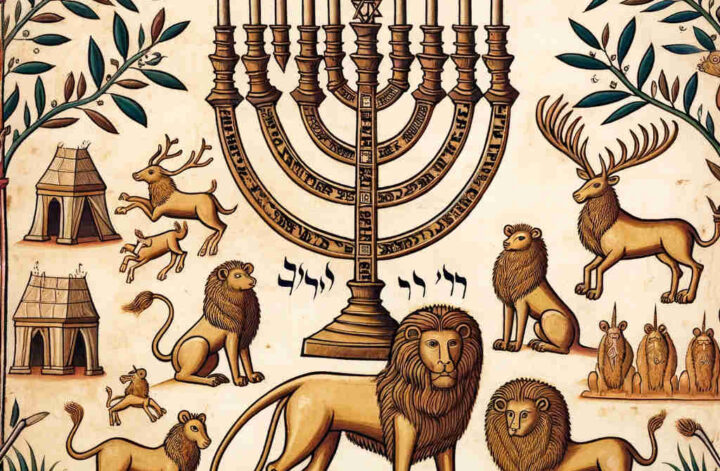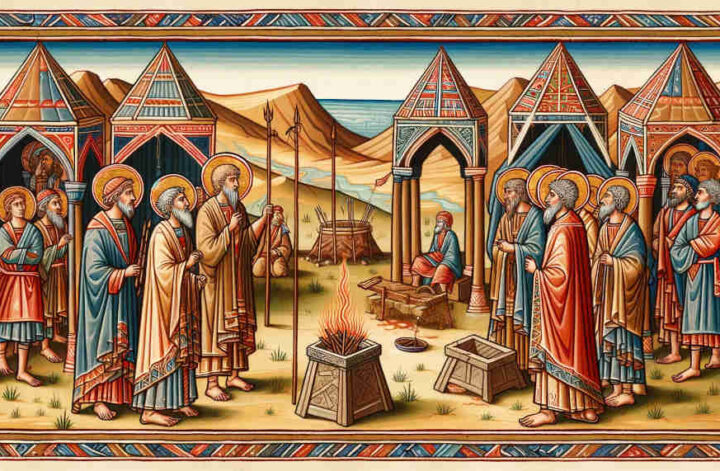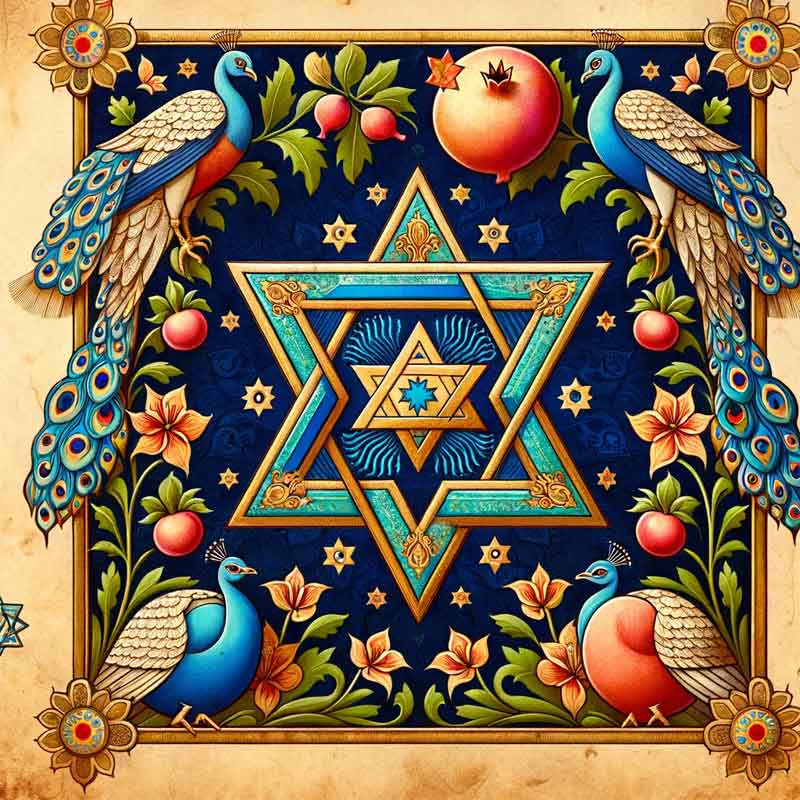Query About the Jewish Stance on Halloween
Email from Alexander Cohen: “Dear Rabbi Joshua, I’ve noticed that Halloween is a major holiday in the United States, and I was wondering if it’s something that Jews participate in or celebrate?”
Response from Rabbi Joshua
Shalom Alexander, your question is quite timely as Halloween approaches. The Jewish approach to Halloween varies among individuals and communities.
Halloween’s Origins and Jewish Participation
Halloween has its origins in ancient pagan and Christian traditions, which can make its observance complex for Jews who are mindful of the Torah’s prohibitions against pagan practices. Therefore, many observant Jews choose not to celebrate Halloween, seeing it as incompatible with Jewish values and traditions.
Secular and Cultural Aspects of Halloween
However, in its secular form, Halloween is often viewed by some as a cultural, community-based event centered around costumes and candy rather than one with religious connotations. Consequently, some Jews may participate in secular Halloween activities, such as costume parties or trick-or-treating, especially in countries where it is widely celebrated.
Jewish Alternatives to Halloween
It’s worth noting that Judaism has its own costume-wearing holiday, Purim, where dressing up and community celebration are encouraged. Purim celebrates the deliverance of the Jewish people from a plot to destroy them, as recorded in the Book of Esther.
Diverse Views Within Judaism
Views on Halloween can vary widely within the Jewish community, from those who see it as an innocuous cultural event to those who avoid it on religious or cultural grounds. The decision to participate in Halloween activities is often influenced by personal beliefs, the level of religious observance, and the attitudes of the community in which one lives.
Conclusion
Alexander, there is no single Jewish response to Halloween; it is a matter of personal choice and community norms. Like many aspects of modern life, Halloween and its compatibility with Jewish practice are subjects of individual interpretation and community standards.
If you have any more questions about Jewish traditions or holidays, feel free to ask.
Best wishes,
Rabbi Joshua


